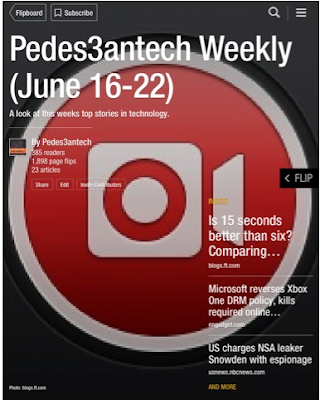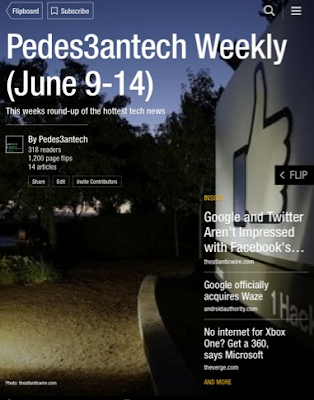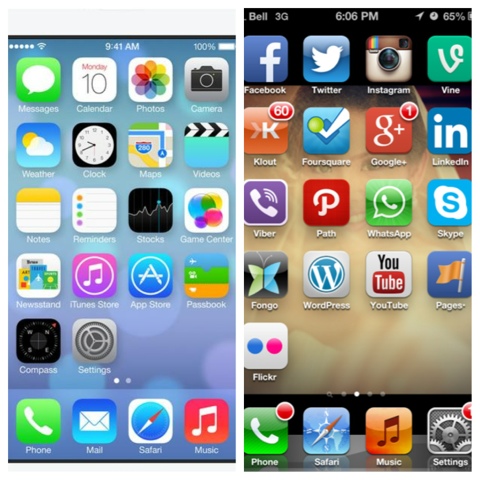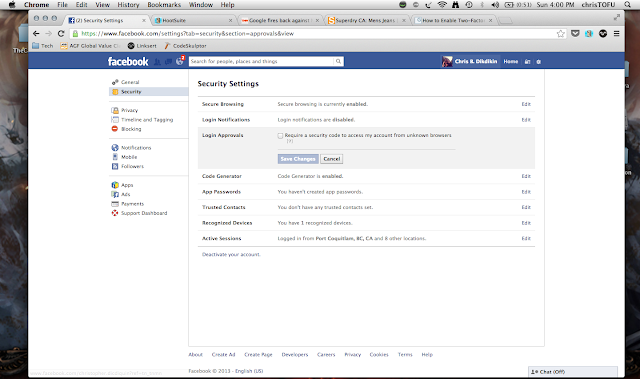The snowden effect - why digital privacy protection is still in the ice age.

Photo Credits: Digitalreins It is probably the biggest and most important revelation since wiki-leaks and it has already been forgotten. The story of how the US government has been spying on everyone- including its own citizens has been reduced to a Tom Clancy like saga of one person. What started of as a serious discussion on the limits of government power has been reduced to a ridiculous attack on one man's credibility. What slowly developed as an unveiling of how much information private companies have on individuals has turned into an orchestrated effort from the media (both liberal and conservative) to divert our attention. What happened to this story? and what does it tell us about how serious we are about our digital privacy? The snowden effect As soon as Edward Snowden decided to come out from hiding, the story and the debate he started was doomed. Don't get me wrong, I still consider him as a modern day hero. Although the government and most of the pa



